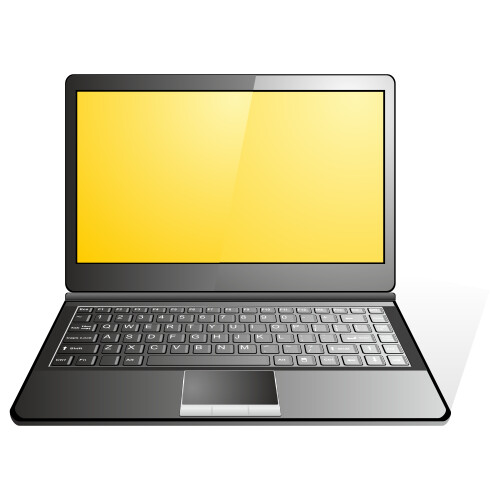The Use of Video in Education
| http://upload.wikimedia.org/wikipedia/commons/6/6e/Animation_training_of_itschool1.jpg
I can remember whenever I was in elementary school and would see the TV cart come rolling in and get so excited for it because I knew that could only mean one thing: MOVIE DAY! Kids do get excited to watch movies/videos in class. The real dilemma with it becomes the fact of kids sleeping or not paying attention to the video. My teachers always found ways around this, whether that was worksheets to go along with it or have a pop quiz after. Video in education and the classroom can actually serve a purpose if they are educational and can be used to teach your children something. Videos also provide the visual and auditory learners to both retain the information in the ways they best learn.
As a teacher, I personally see myself using video in my classroom to further explain things and just to give life to the lesson. I think the videos in my classroom will be used to further explain a topic that I describe or maybe even explain it from a different level. In my classroom, I think the biggest role videos will play will be sort of like an assistant and as an assertive tool. It's role will be simple: help me out by assisting me by further explaining things and being assertive by giving life to the lesson and making the kids want to pay more attention. I mean, lets be honest, I would rather watch an educational 5 minute video than listen to a teacher lecture for 5 mins. For more ways to use video in the classroom, follow this link http://blogs.techsmith.com/for-educators/ten-ways-to-use-video-in-the-classroom/
In order to use videos effectively in my classroom, preparation will be involved. There is no way to use video unless you yourself understand what is going on and know how to incorporate it into your lesson. For example, if you wanted to teach your kids the alphabet and make sure they have the hang of it, you could incorporate a comical video, like the one featured below, to truly capture the children's attention and wrap their heads around the alphabet. This video would be an example of a video that was already made but would serve the right purpose.
In my classroom, I think it would be hard to have students create their own videos at such a young age, seeing as I want to teach Kindergarten. I do think that the further down the line you get in elementary school, the more the students would be able to create videos. For example, 4th and 5th graders would be able to make their own videos, maybe about bullying, which is what this elementary student did in this example video.
One idea I have for using videos in a Kindergarten classroom would maybe creating a video as a class together. One thing you could do would allow the students to find images online that they would want to use in a video if they were to create one and then you could pile all the images together and create a classroom video. For example, you could tell the students to find pictures of the different stages of plant growth and put them together as a class and make a class video. This would allow the students to have some part of the video making process, sort of getting their foot in the door. Baby steps at its finest!
|

